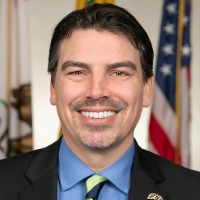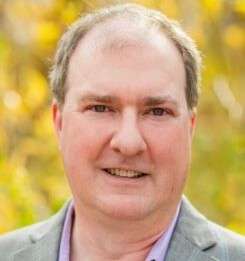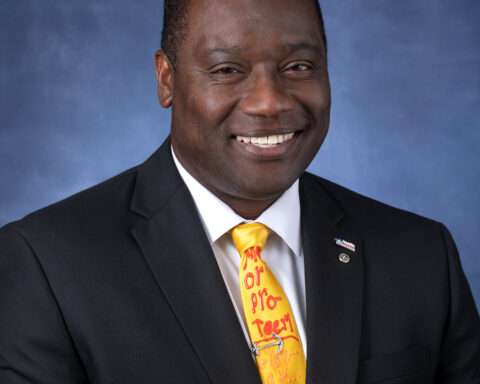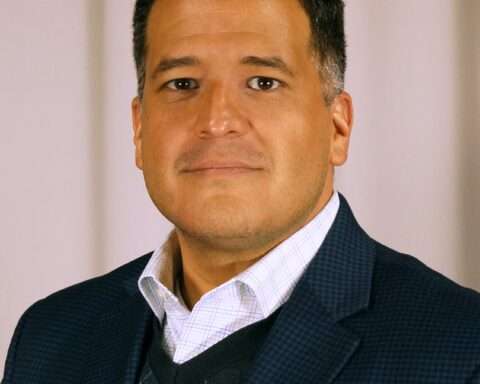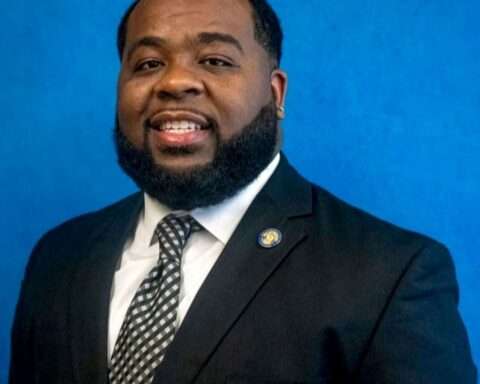Profiles in Power highlights public officials nationwide who are improving their communities through their dedication, enthusiasm, creativity and experience.
This week’s profile is the Chief Information Officer & Director of Information Technology for the city of Oakland, California.
My public career highlights and education:
I’ve been privileged to lead a wide range of impactful projects in the public sector, from major system upgrades and solutions to innovative smart city initiatives. Some of the highlights include deploying public Wi-Fi, implementing smart street lighting, and spearheading public-private partnerships — including collaborations with startups. More recently, I’ve led the city of Oakland through significant cybersecurity and infrastructure improvements, such as upgrading the 911 computer-aided dispatch system.
What I like best about public service:
Without a doubt, the best part of public service is having a positive impact on your community. Whether it’s attending a local festival, a program at the library, or an event to celebrate a groundbreaking, there’s something deeply fulfilling when you understand what these programs mean for a local community. You gain a real appreciation for the behind-the-scenes work and the people who make it happen. It reminds you that public service is rooted in people.
The best advice you’ve ever received:
During my MBA, I was a TA for a course on managing innovation teams. One evening, the professor asked me to email students who hadn’t submitted an assignment. So, I quickly drafted a generic message — something like, “Dear Student: if you do not complete the assignment by the deadline, you will receive a failing grade.” I BCC’d it to everyone on the list, including the professor.
Later that night, the professor called me. He was upset. He didn’t like the tone and coldness of the email, and he demanded that I write a personal apology to each student and reassure them that they wouldn’t fail the assignment. But he also said something else that really stuck with me: he said as his TA, I was an extension of him and that when I acted, it was with his authority; so, I should choose my words more carefully.
It’s funny because I didn’t even realize that dynamic was in play. I thought I was just being efficient; being a good student. But the experience taught me something about power – how it can be used and perceived, especially when you communicate with others from a position of it.
Something I wish more people knew about my division of government:
The idea that government workers are lazy or take it easy is a harmful and persistent myth. I’ve led IT teams in both the private sector — including biotech — and the public sector, and I can say without hesitation that government IT professionals are just as passionate, talented, and hard-working as their private-sector counterparts. In fact, in many cases, their jobs are even harder. Public sector IT teams often support mission-critical, 24/7 operations like public safety, with tight budgets, and under intense pressure. I wish more people understood the level of dedication and expertise these professionals bring to their jobs every single day.
Current project or initiative you’re working on:
One of our most significant recent achievements is securing a $14 million grant from the California Public Utilities Commission to build a municipal fiber optic broadband network in Oakland. The effort was led by my department, and the city is contributing an additional $2 million in matching funds. The network will connect up to 2,500 households in affordable housing developments to free, high-speed fiber Internet service.
This project is a major step toward digital equity in Oakland and reflects years of planning and collaboration. It builds on the city’s recently published Broadband Master Plan, which outlines our long-term strategy for closing the digital divide. You can learn more here.
One thing people may not know about me:
People assume that everyone in IT is naturally good at math. But, when I went back to college as an adult, I knew I didn’t have a strong foundation and really struggled with it. There was a time when I was self-conscious about that. But I’ve come to understand that creativity and improvisation — the ability to think quickly on my feet — is one of my key strengths. I’ve also learned that struggling at math doesn’t mean I’m not good with numbers. I may never pass a calculus exam, but I can manage a complex budget pretty well.



